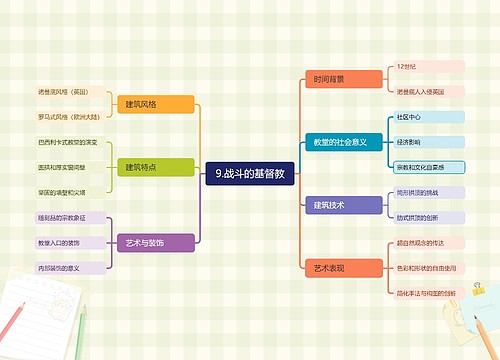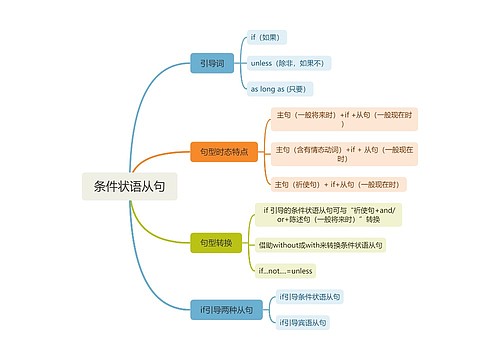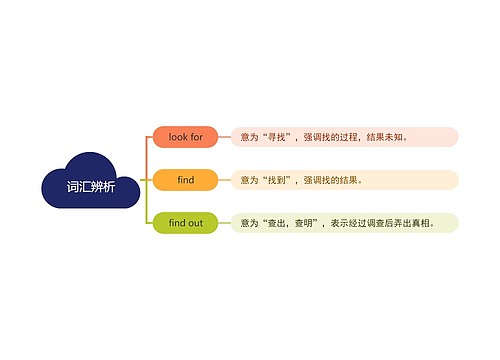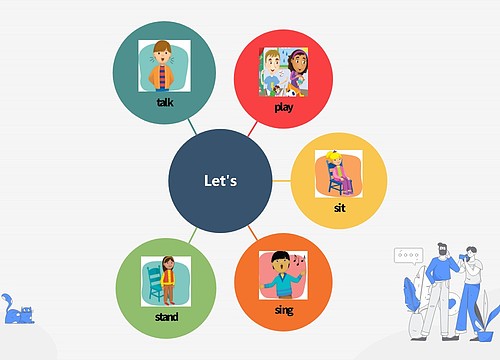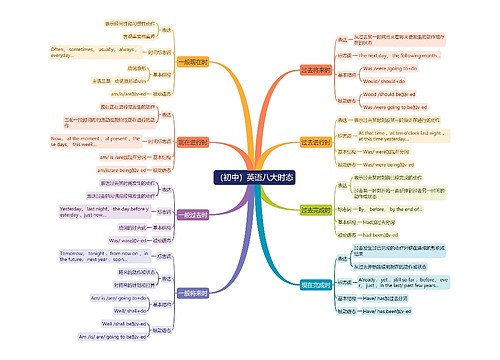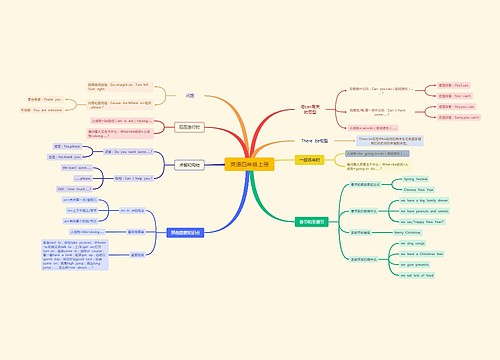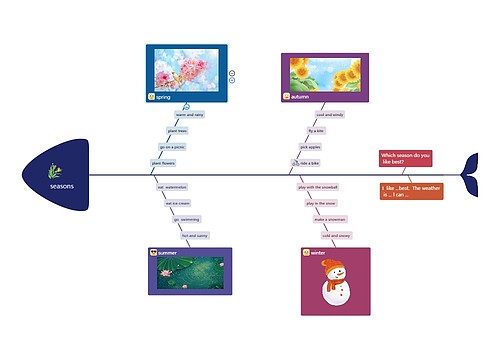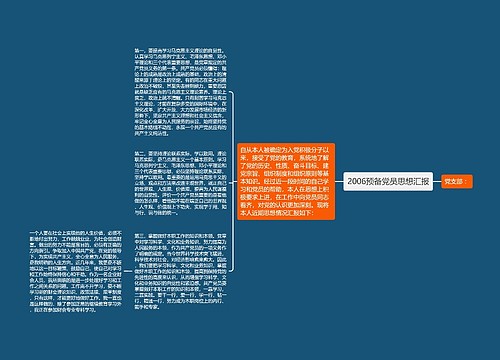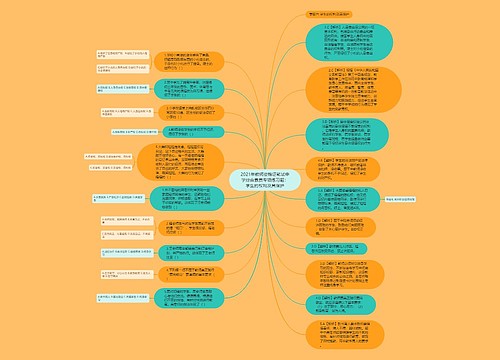1. 引导非限制性定语从句时,通常要用which:
The current, which is very rapid, makes the river dangerous. 水流湍急,使这条河很危险。
He has to work on Sundays, which he doesn’t like. 他得在星期天工作,他是不喜欢这样的。
The London team, which played so well last season, has done badly this season. 伦敦队上一个季度打得很好,这个季度却打得很差。
2. 直接放在介词后作宾语时,通常要用which:
She may be late, in which case we ought to wait for her. 她可能晚到,那样我们就要等等她。
The documents for which they were searching have been recovered. 他们找寻的文件已找到了。
This morning some port wine came, for which I have to thank you. 今天早上送来一些波尔图葡萄酒,为此我得向你道谢。
注:有时“介词+which”引导的定语从句可以转换成“介词+which+不定式”结构:
He had only the long nights in which he could study. =He had only the long nights in which to study. 他只有漫漫长夜可用来学习。
He had a couple of revolvers with which he could defend himself.= He had a couple of revolvers with which to defend himself. 他只有一两把手枪用来自卫。
3. 当先行词是下列不定代词或被它们修饰时much, little, none, all, few, every(thing), any(thing), no(thing) 等时,通常用that:
All that she lacked was training. 她缺的只是训练。
Have you everything that you need? 你需要的东西都有了吗?
The sleeping man’s subconscious mind retained everything that was said around him. 这位酣睡的人头脑的下意识能记住他周围的人说的话。
She would never do anything that was not approved of by her parents. 她父母不赞同的事她绝不会做。
4. 当先行词有the very, the only, the same 等修饰时,通常用that:
This is the only example that I know. 我知道的例子只有这一个。
Those are the very words that he used. 那是他的原话。
5. 当先行词有形容词最高级或序数词(包括last, next等)等修饰时,通常用that:
This is the best dictionary that I’ve ever used. 这是我用过的最好的词典。
The first thing that you should do is to work out a plan. 你应该做的第一件事是订个计划。
6. 当关系代词在定语从句中用作表语时,通常用that:
China is not the country (that) it was. 中国已不是过去的中国了。
7. 当先行词是一个既指人又指物的并列词组时,通常用that:
They talked about the persons and things that most impressed them. 他们谈论了使他们印象最深的人和事。
8. 当要避免重复时:
Which is the course that we are to take? 我们选哪门课程?

 U633687664
U633687664
 U582679646
U582679646